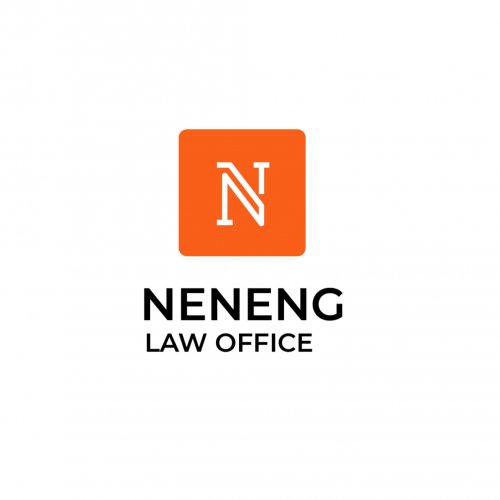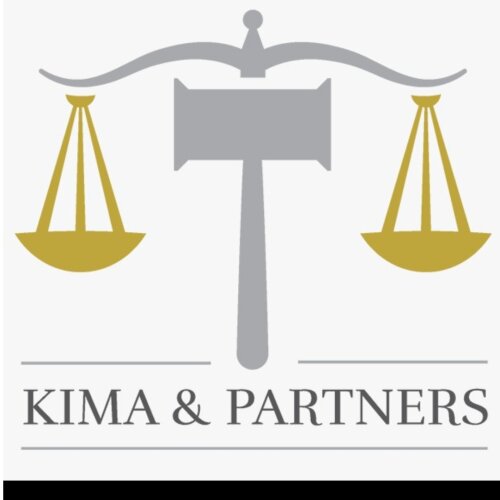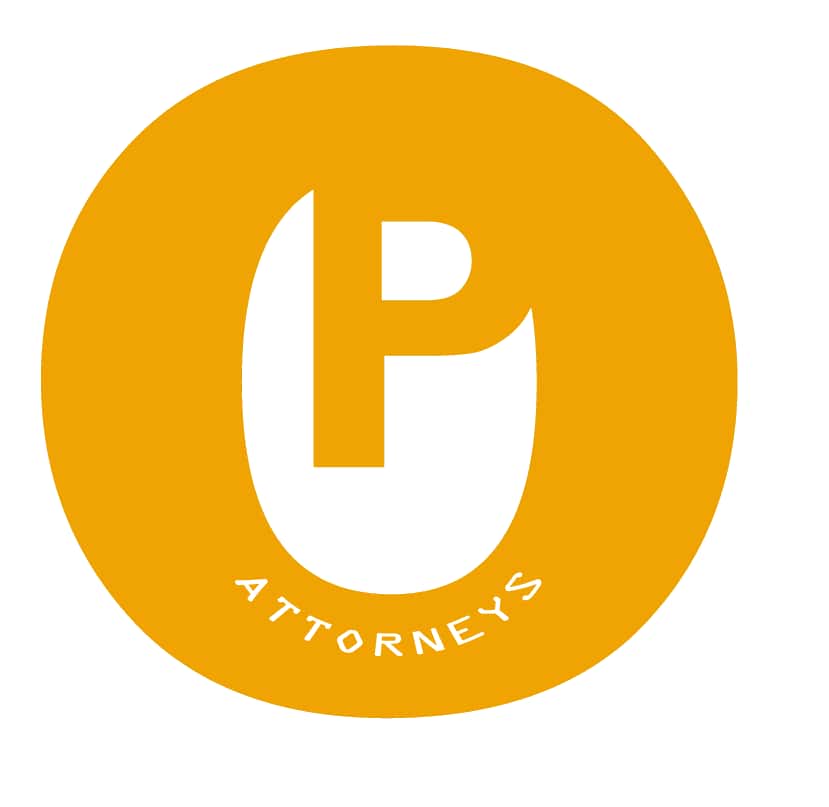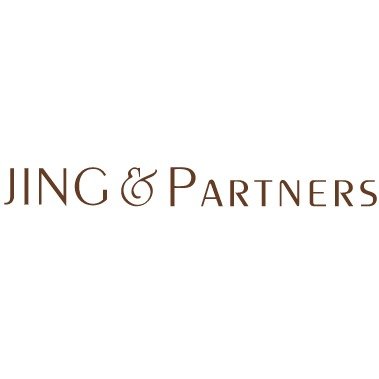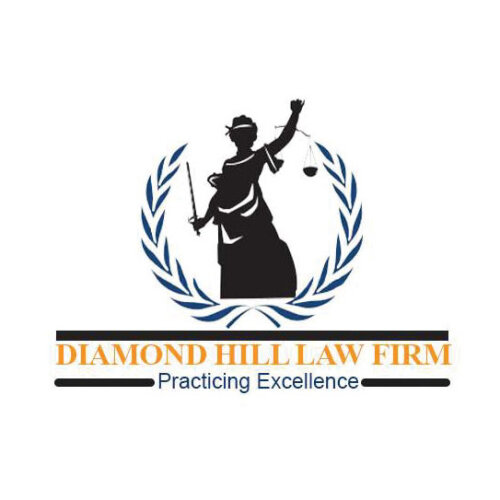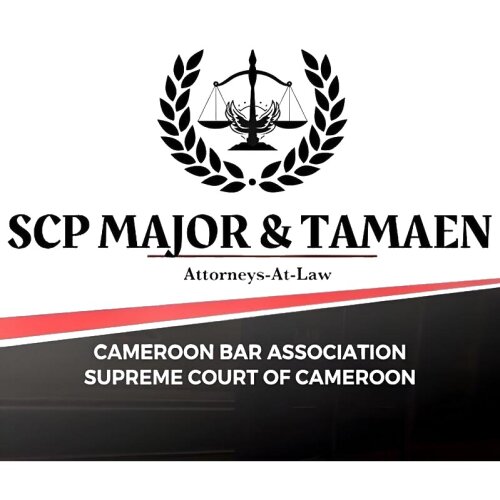Best Banking & Finance Lawyers in Cameroon
Share your needs with us, get contacted by law firms.
Free. Takes 2 min.
Or refine your search by selecting a city:
List of the best lawyers in Cameroon
About Banking & Finance Law in Cameroon
The banking and finance sector in Cameroon is regulated by a variety of laws and regulations aimed at promoting a healthy and stable financial system. A key governing body in this field is the Central Bank of the Economic and Monetary Community of Central Africa (BEAC), which is tasked with issuing the country’s currency, dealing with the country's financial institutions, and overseeing the general monetary policy of the central African region. Laws in this sector tackle a myriad of issues such as banking operations, financial securities, money laundering, and combating terrorism financing.
Why You May Need a Lawyer
There are several situations where you might require legal help in the realm of banking and finance in Cameroon. Legal issues can range from establishing new banks or financial institutions, drafting and reviewing contracts, to dealing with non-performing loans. If you are facing allegations of fraud, money laundering or regulatory compliance issues, it is highly recommended to seek legal help. Furthermore, in commercial transactions or when setting up financial structures, having a competent legal professional to review documents and ensure compliance with local and international laws can help protect your interests and prevent future legal issues.
Local Laws Overview
Cameroon’s banking and finance sector is majorly regulated by the OHADA (Organization for the Harmonization of Business Law in Africa) Uniform Act. This legislation sets the rules for commercial companies and economic interest groups. Besides, the CEMAC (Economic and Monetary Community of Central Africa) regulation oversees credit establishments along with combating money laundering and terrorist financing. National legislation comes into play as well, for instance in the form of the Financial Markets Commission which specifically targets financial securities.
Frequently Asked Questions
Which organization regulates banks in Cameroon?
The Central Bank of the Economic and Monetary Community of Central Africa (BEAC) is the primary regulatory body for banks in Cameroon.
What is the role of OHADA in Cameroon's banking sector?
OHADA establishes uniform legal frameworks governing business laws across its member nations, including Cameroon. It impacts banking by setting regulations for commercial companies and economic interest groups.
Is money laundering a serious crime in Cameroon?
Yes, money laundering is a severe offense in Cameroon, and the country has a legal framework in place to combat it, governed by the CEMAC regulation.
What happens if I don't comply with banking regulations?
Non-compliance with banking regulations can attract penalties, fines, or even legal prosecution.
Do I need a lawyer to set up a bank in Cameroon?
While not mandatory, it is highly recommended to get legal help due to the comprehensive and complex process of registration and compliance with regulatory bodies.
What if I'm a foreigner planning to start a financial institution in Cameroon?
Foreigners can establish a financial institution in Cameroon, however, it is advisable to engage a lawyer knowledgeable in both Cameroonian and international financial law.
How are non-performing loans handled in Cameroonian law?
Cameroonian law provides avenues for handling non-performing loans, including restructuring, refinancing, or legal proceeding.
Does Cameroonian law allow for digital or online banks?
Yes, digital or online banking is recognized under Cameroonian law, provided they comply with relevant regulations.
Are there special laws for microfinance institutions?
Yes, microfinance institutions are also regulated under Cameroonian law, and they must comply with the relevant regulations to operate legally.
Are banking transactions public in Cameroon?
Banking transactions are typically private between the involved parties unless a court order or relevant law requires disclosure.
Additional Resources
The Central Bank of the Economic and Monetary Community of Central Africa (BEAC) and the Ministry of Finance are useful resources. Organizations like the Association of Cameroonian Banks and Organised Credit Establishments can also provide helpful information.
Next Steps
If you need legal assistance in Banking & Finance in Cameroon, your first step should be to consult with a lawyer specializing in this field. Ensure they have a good understanding of local and international banking and finance laws and regulations. It's also recommended to review your case thoroughly to understand likely outcomes, necessary paperwork, and overall legal strategy.
Lawzana helps you find the best lawyers and law firms in Cameroon through a curated and pre-screened list of qualified legal professionals. Our platform offers rankings and detailed profiles of attorneys and law firms, allowing you to compare based on practice areas, including Banking & Finance, experience, and client feedback.
Each profile includes a description of the firm's areas of practice, client reviews, team members and partners, year of establishment, spoken languages, office locations, contact information, social media presence, and any published articles or resources. Most firms on our platform speak English and are experienced in both local and international legal matters.
Get a quote from top-rated law firms in Cameroon — quickly, securely, and without unnecessary hassle.
Disclaimer:
The information provided on this page is for general informational purposes only and does not constitute legal advice. While we strive to ensure the accuracy and relevance of the content, legal information may change over time, and interpretations of the law can vary. You should always consult with a qualified legal professional for advice specific to your situation.
We disclaim all liability for actions taken or not taken based on the content of this page. If you believe any information is incorrect or outdated, please contact us, and we will review and update it where appropriate.
Browse banking & finance law firms by service in Cameroon
Cameroon Attorneys in related practice areas.
Browse banking & finance law firms by city in Cameroon
Refine your search by selecting a city.






